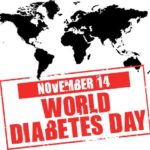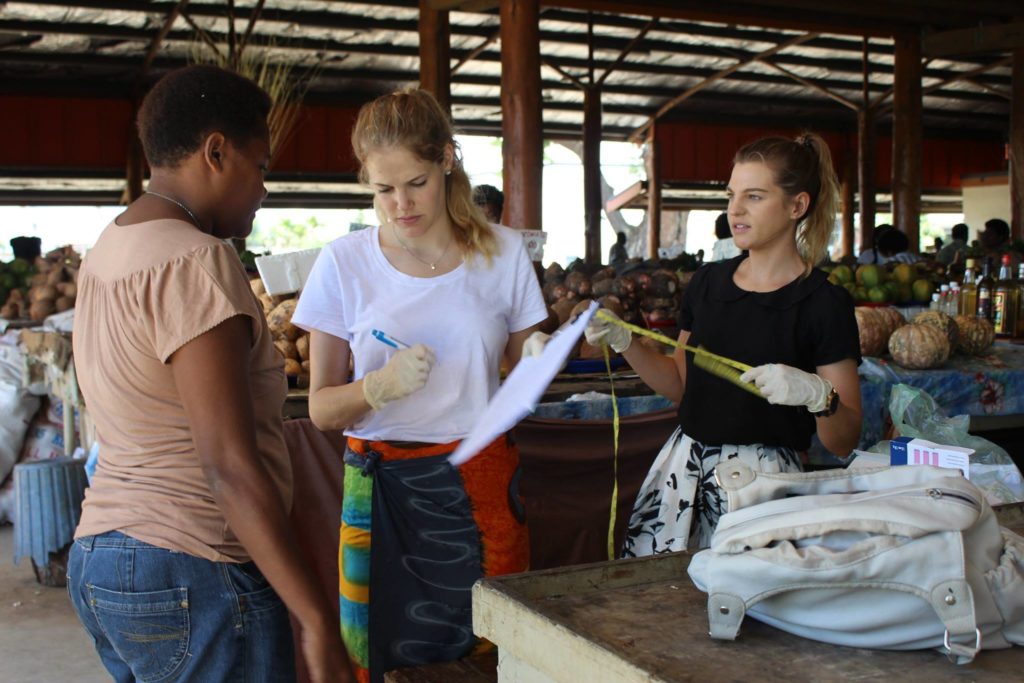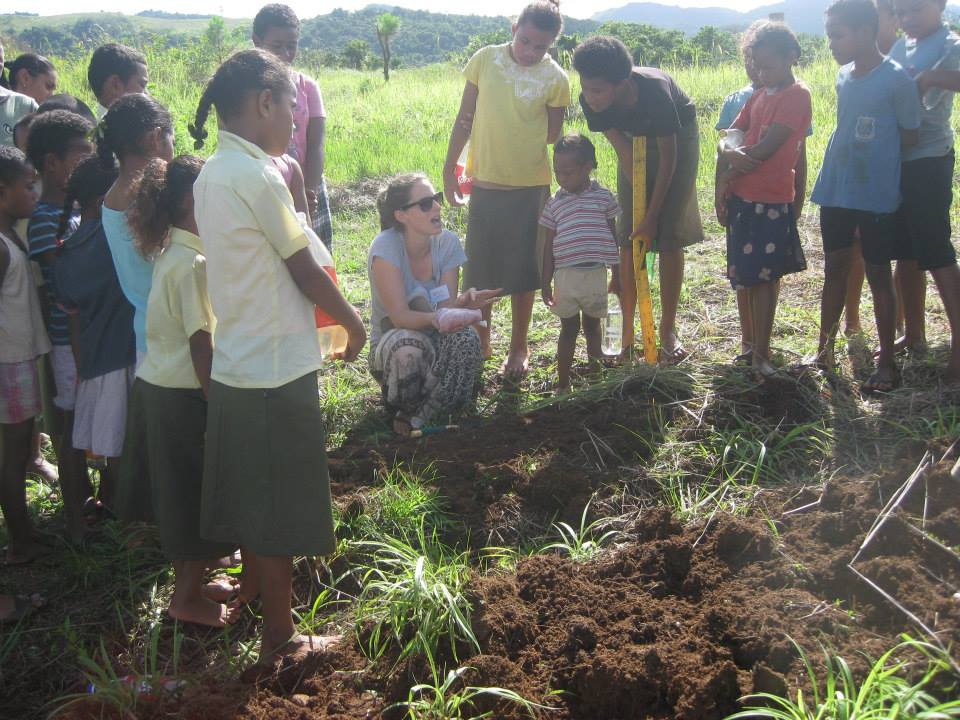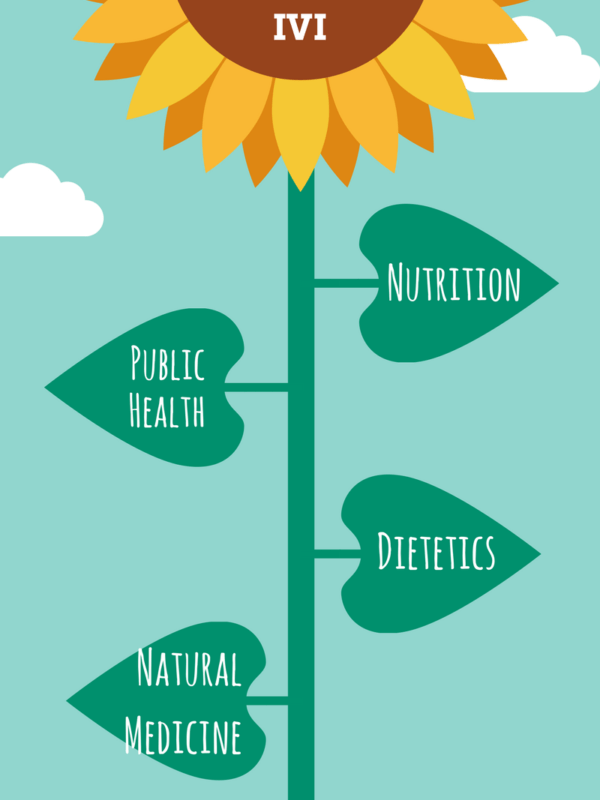Volunteering In Nutrition Programs Overseas

The main contributing factor to diabetes in these nations is poor diet, which also causes people in these nations to develop other non-communicable diseases (NCDs) like obesity, heart disease, and hypertension. Research also indicates that poor diet could be a result of insufficient public health education in the developing nations. In most cases, food stores in such places are flooded with cheap imported carbs and fatty foods.
Our nutrition and dietetics volunteer programs, therefore, target recent nutrition or dietetics students and graduates or anyone with a health education background looking for valuable professional experience in the developing world, especially Fiji, India, the Philippines, Greece, Bali, Vietnam and Samoa.
As a nutrition volunteer in these countries, your tasks may include:
- Taking part in structured outreach programs
- Working in busy health clinics alongside local health experts
- Conducting free assessments
- Preparing
Nutritional needs in the developing countries relate mostly to:
- Inadequate diet
- Unhealthy diet
- Lack of food
Here are the most common deficiencies:
1. Protein and/or Energy Deficiency

The truth is, even a slight deficiency in protein and/or energy can affect the growth of a fetus, and as a result, a low-weight baby is born. This deficiency also affects infant development, resulting in resistance to infections and increasing the mortality rate among young children. Protein and/or energy deficiency is common in areas with extreme poverty and emergency conditions particularly refugee camps and natural disaster areas.
2. Minerals and Vitamins deficiency

ii. Iodine deficiency – the most visible consequence of this condition is goiter. It mostly affects poverty-stricken areas, putting people, particularly kids, at the risk of mental retardation.
iii. Vitamin A deficiency – this affects the eyes, causing redness, night blindness, and sometimes total blindness.
· Vitamin D deficiency – causing rickets
· Vitamin B deficiency – causing beri beri
· Niacin deficiency – causing pellagra
· Zinc deficiency – leads to stunting
3. Nutritional imbalances

Advantages of Volunteering with IVI in Nutritional Programs Abroad
As a student, practitioner or recent graduate, you may be able to work in a busy health center, providing care to all without considering income or nationality. This is incredible experience which will be favorably regarded by any prospective employer. You will also get to witness the numerous health challenges that the developing countries face. Then, if you are a student or a recent graduate, you will have the pleasure of working alongside qualified health practitioners. In that regard, you will learn lots of things that could be helpful in building your career. You may learn new health aspects or issues and how to handle them.
There are numerous project tasks associated and depending on the program include but are not limited to:
· General outpatient services
· Free nutrition consultations
· Blood screening analysis
· NCD (non-communicable disease) clinic care
· Preventative health education
· Maternal and child health clinics
· Family planning
· Obstetrics and gynecology
· Outreach specialist services and community health promotion
· Complex medical conditions
· Corporate health
· Health promotion for wellness
· Rural women education and empowerment in reproductive health
· Research and training
· Nutrition and exercise community outreach
You will participate in a system meant to empower the people in the developing countries to make sound choices about their health. You will also help run fitness campaigns in fitness centers and local schools. Depending on the available chances, you may get an opportunity to conduct screenings to check the level of blood pressure, blood glucose, cholesterol, and body fat.
You will also be able to work in the local communities where people do not have access to healthcare. The program coordinators will help you get assigned specific health issues such as:
· One on one nutrition consultations
· Health symposiums
· Children’s health and education
· Identifying protein deficiency in kids
· Offering educational assistance and local talks
· Assisting in building nutrition and blood sugar awareness campaigns
· Designing exercise and fitness programs
· Village exercise programs
· Natural detoxification programs
· General healthy living programs
As a volunteer, you may also decide to participate in healthy living presentations with topics like healthy eating, physical activity, and sexual health for school-going kids.
Who Can Participate?
As mentioned above, our programs are targeted to qualified or soon to be qualified nutritionists, dietitians, students, health experts, and recent graduates in any health science field. Nonetheless, you can apply even if you do not have any such qualifications. Depending on your experience and desire to serve, you may be accepted into this program.
For further information about the programs, check out our Nutrition Volunteering page.
Ready to start volunteering in nutrition programs overseas? Lauren Lacey is a specialist in this field and is here to assist you with any of your queries.
Email on lauren@volunteering.org.au, submit a contact or apply here.
 Involvement Volunteers International
Involvement Volunteers International 


